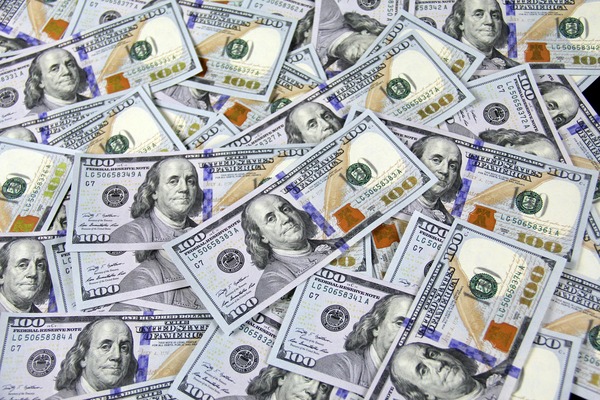
(Photo/Pexels.com)
This story was originally published by Public News Service.
By Farah Siddiqi, producer
Public News Service
March 25, 2024
Undisclosed funding, or “dark money,” is pumping into the 2024 election cycle.
Political spending by donors who stay hidden is reaching record highs, according to a report by OpenSecrets.
Author Anna Massoglia – the editorial and investigations manager at OpenSecrets – said dark money might be coming from shadowy shell companies or non-profits, and often funds misleading attack ads against candidates from either party.
“When you have dark-money groups fueling this spending,” said Massoglia, “the voter may not know what interest the secret donors behind that have in getting a specific candidate elected, a ballot measure passed or any other policy issue.”
In 2022, OpenSecrets found that the Conservative Americans PAC spent more than $2.4 million in GOP primary races for U.S. House seats in Missouri, Tennessee and Arizona.
They discovered the super PAC was bankrolled by undisclosed American Economic Freedom Alliance and American Prosperity Alliance support prior to the votes.
Supporters of dark money donations argue they are a form of free speech, and in fact courts have often found that political donations are protected by the First Amendment.
Campaign watchdogs argue in return that even if donations are a form of protected speech, nothing stops the government from requiring full disclosure of who the donations are coming from – and without that, campaign advertising becomes inherently deceptive.
Massoglia says it really varies from one state to the next, in terms of which party and which side of the aisle is benefiting more. And, the patchwork of limits and disclosure rules vary greatly across the states.
“In some states, you can actually have 501(c)(4) dark-money groups or shell companies contribute directly to candidates’ campaigns,”said Massoglia, “which is something that’s not allowed at the federal level. They’re only allowed to spend in support of the candidate.”
Massoglia emphasized that while dark money can come from various sources, it often comes from one type.
She said 501(c)(4) nonprofits are supposed to exist for social welfare purposes, but due to few restrictions on their spending they are able to spend practically unlimited sums on elections without ever disclosing their donors.